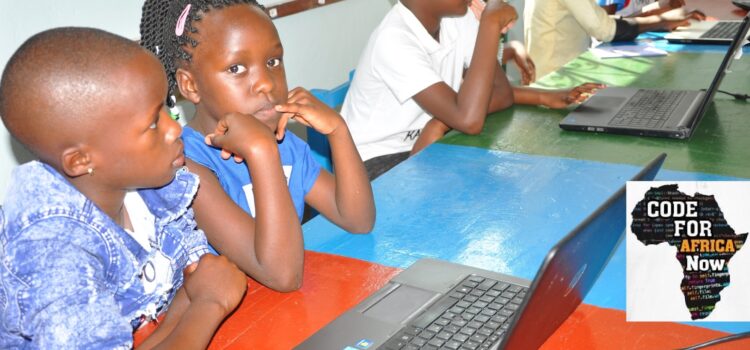In the rapidly evolving landscape of the Fourth Industrial Revolution (4IR), where emerging technologies like Artificial Intelligence (AI) are reshaping the future, digital literacy has emerged as a crucial skill set. Now, more than ever, Africa stands at the cusp of a technological renaissance, and fostering digital literacy is instrumental in harnessing the opportunities of this transformative era.
Digital literacy goes beyond the ability to use digital tools; it encompasses the proficiency to critically evaluate, navigate, and create content in the digital realm. In Africa, where the potential for technological leapfrogging is vast, empowering individuals with digital literacy becomes a cornerstone for inclusive participation in the global digital economy.
As the Fourth Industrial Revolution unfolds, governance plays a pivotal role in ensuring the ethical and responsible deployment of emerging technologies, particularly AI. Policies and frameworks need to be established to safeguard privacy, promote transparency, and address the socio-economic impact of automation. Africa has the opportunity to shape its digital destiny through thoughtful governance that balances innovation with ethical considerations.
The AI revolution, a pivotal component of the Fourth Industrial Revolution, holds immense promise for Africa’s development. From healthcare to agriculture, AI applications can revolutionize sectors critical to the continent’s growth. However, to fully harness the potential of AI, investing in education and training programs that nurture a workforce skilled in AI technologies is paramount. Digital literacy acts as a bridge, enabling individuals to adapt to the changing job landscape and contribute meaningfully to the development of AI-driven solutions tailored to Africa’s unique challenges.
In conclusion, digital literacy is not just a skill; it is a catalyst for Africa’s journey into the Fourth Industrial Revolution. By investing in education, crafting sound governance frameworks, and embracing emerging technologies responsibly, Africa can position itself as a global player in the digital landscape, driving innovation, inclusivity, and sustainable development. The journey begins with empowering individuals through digital literacy, ensuring that no one is left behind in the exciting era of technological transformation.






Recent Comment
Governance in the Fourth Industrial Revolution: A Balancing Act
Digital Literacy: Empowering the Future in Africa